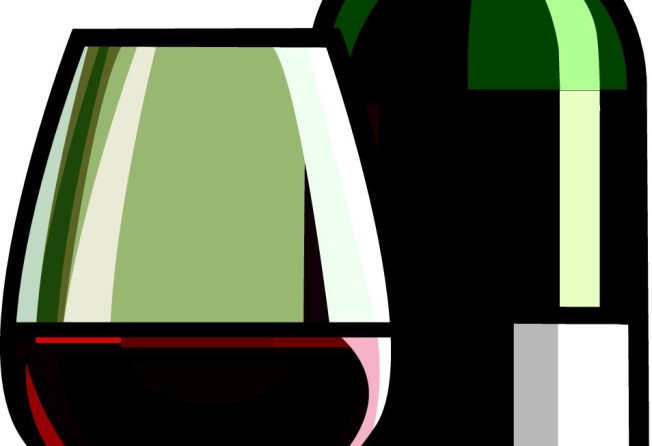Quiz

Older folks who enjoy a tipple could prevent a topple, according to a study that looks at the effects of red wine in mice.
Resveratrol, the natural compound found in the drink, might help improve mobility and prevent life-threatening falls among the ageing population.
The catch, says lead researcher Jane Cavanaugh of US-based Duquesne University, is that because resveratrol is poorly absorbed by the body, you'd have to drink a lot benefit. We're talking almost 700 120ml glasses of red wine a day for a 68kg person.
Nonetheless, this finding is believed to be groundbreaking and could lead to the development of natural products to help older people live healthier lives.
Previous studies on resveratrol have shown the antioxidant might help reduce inflammation, lower cholesterol, slash the risk of heart disease and certain cancers and, perhaps, have some anti-ageing effects in the body. Some experts call it the "miracle molecule".
To determine its effects on balance and mobility, Cavanaugh and her team fed both young and old laboratory mice a diet containing resveratrol for eight weeks. They periodically tested the rodents' ability to navigate a steel mesh balance beam, counting the number of times each mouse had a misstep.
Initially, the older mice had more difficulty manoeuvring on the obstacle. But by week four, the older mice made far fewer missteps and were on par with the young mice.
Lab experiments reveal some clues about how resveratrol works in the body. Natural cells were exposed to dopamine, a neurotransmitter that in large amounts can induce cell death. However, neurons treated with resveratrol before being exposed to dopamine survived.
It was found that the compound mitigated the damage done by oxygen-based free radicals - generated by the breakdown of the dopamine - and activated protein-signalling pathways that appeared to promote cell survival.
Cavanaugh's team is now investigating similar man-made compounds that mimic the effects of resveratrol.
Test your knowledge of the natural compound here.
1. Where does resveratrol come from?
a. skin of red grapes
b. grape seeds
c. pulp of green grapes
2. Most supplements contain 250 to 500 milligrams of resveratrol, but some animal studies show the beneficial daily dose is
a. 1,000 milligrams
b. 2,000 milligrams
c. 3,000 milligrams
3. In comparison, a 120ml glass of red wine contains about how many milligrams of resveratrol?
a. 0.6
b. 6
c. 60
4. Apart from grapes and berries, resveratrol can also be found in
a. potatoes
b. broccoli
c. peanuts
Answers: 1. a; 2. b; 3. a; 4. c